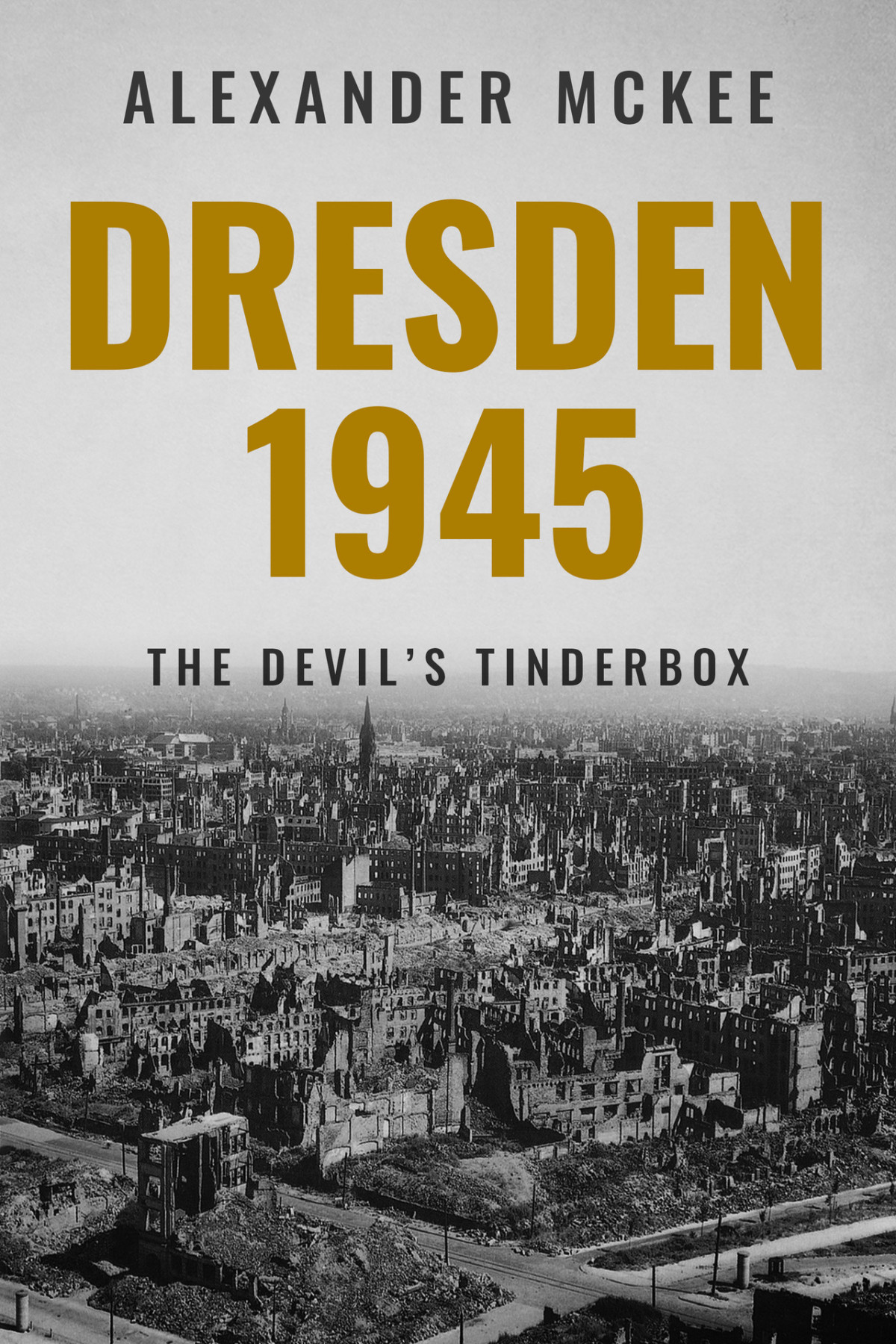

Most ebook files are in PDF format, so you can easily read them using various software such as Foxit Reader or directly on the Google Chrome browser.
Some ebook files are released by publishers in other formats such as .awz, .mobi, .epub, .fb2, etc. You may need to install specific software to read these formats on mobile/PC, such as Calibre.
Please read the tutorial at this link: https://ebookbell.com/faq
We offer FREE conversion to the popular formats you request; however, this may take some time. Therefore, right after payment, please email us, and we will try to provide the service as quickly as possible.
For some exceptional file formats or broken links (if any), please refrain from opening any disputes. Instead, email us first, and we will try to assist within a maximum of 6 hours.
EbookBell Team

0.0
0 reviewsThe eye-opening definitive account of the horrific fire-bombing of the undefended city of Dresden.
This history of one of the most controversial events of the Second World War should be an essential book for readers who wish to learn the true story behind Kurt Vonnegut’s Slaughterhouse-Five .
Prior to World War Two, Dresden had an international reputation a beautiful cultural centre, filled with architectural masterworks. Yet on 13th February 1945 the RAF and USAAF began an ‘all out’ attack on the city. On this night and the following two nights, 1,300 British and American aircraft dropped 5,000 tons of incendiary and high-explosive bombs. The total number of resident women and children, refugees, and prisoners-of-war in transit who died will never be known, but it is likely that the official figures of between 35,000 to 45,000 were vastly understated.
The strategic reasons for bombing Dresden were limited and by February 1945 it was becoming increasingly clear that the Allies would win the war. So, who are the men responsible for this horrific event, and what justifications did they make for ordering it?
Alexander McKee, the renowned historian, saw first-hand the results of the Allied bombing of the ‘friendly’ French towns of Caen and Lisieux, as well as the destruction of enemy-held Emmerich and Arnhem, while serving with the 1st Canadian Army. Haunted by these scenes as well as the sheer barbarity of the Dresden raid, McKee interviewed survivors of the attack and the Allied airmen who flew in the raids, to provide a personal view of this atrocity, which is supported by a thorough examination of the official records.
‘A salutary reminder of the excesses to which democracies, too, may be prone under the pressures of war’ The Observer
‘a compelling account of the destruction of Dresden.’ The Journal of Historical Review
‘A worthy attempt to "bring out the terrible truth" about the Allied fire-bombing of Dresden at the close of World War II — widely condemned at the